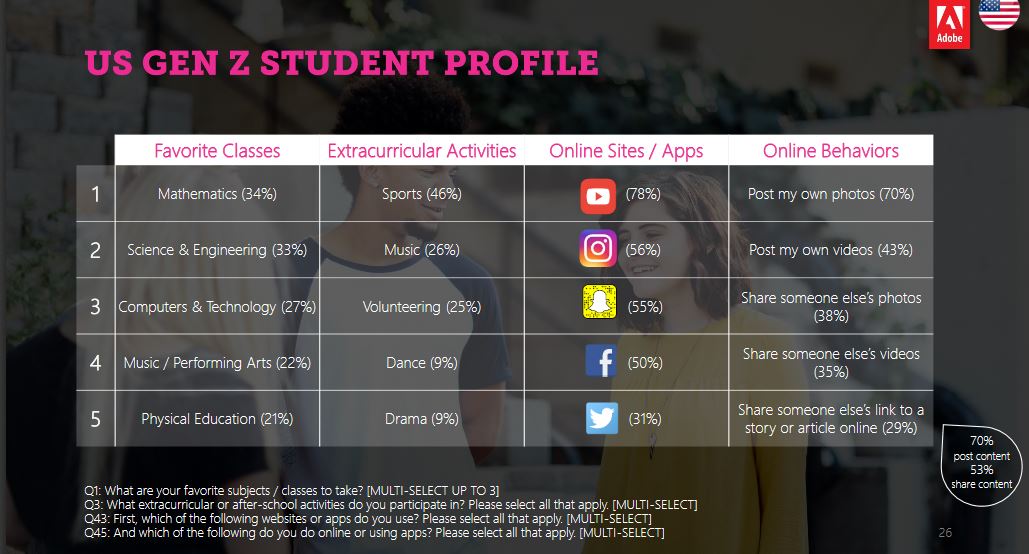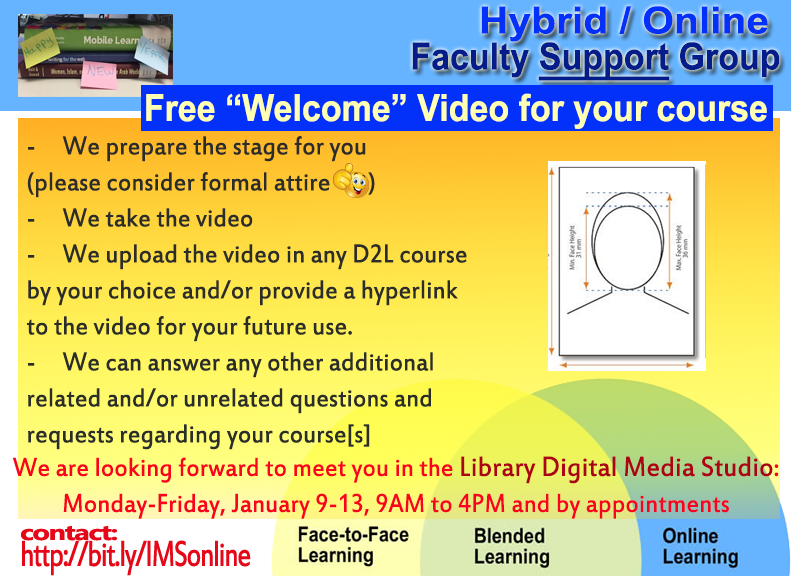: National Library of Iceland http://web.stcloudstate.edu/pmiltenoff/iceland/
Collecting, Preserving, and Transforming the News
Conference website: https://ifla2017.landsbokasafn.is/
Organizers: National Library of Iceland, IFLA News Media Section (http://www.ifla.org/news-media), and IFLA Information Technology Section
(http://www.ifla.org/it)
Theme & sub-themes
From printed newspapers to born-digital news, libraries and other cultural heritage institutions have a central role in ensuring future access to news content. This conference will examine issues and challenges in collecting and preserving the news and making it available to users. Do access and preservation have different prerequisites? In addition, the conference will explore how news media is used and transformed by researchers and the public.
Can we recognize variable user needs? Do we offer the most suitable APIs?
Proposals should address the main theme and related topics, including but not limited to:
Users’ experiences with digital newspaper collections and their usability expectations
Case studies of patron services for digitized and born-digital news (e.g., management systems, reading devices, printout services, etc.)
How digitized news collections are being used in the digital humanities, by researchers, and by the public
The importance and possibilities of citizen science
Long-term sustainability planning for news collections and the role of institutional commitment in preservation and sustainability planning
How institutions make digital newspaper collections freely accessible
Rules, regulations, or legislation for mandatory deposit of news content, paper or otherwise
Legal deposit libraries offering access to in-copyright digitized newspapers
National Libraries co-operating with newspaper publishing houses in digitization, access, etc.
Data research that benefits preservation practice and planning
Changing collection building in a social media and online world
New methods for media monitoring
Harvesting and preservation of web-only news content
Issues around suppression of digitized/digital news content and take down orders
Other proposals relevant to the main conference theme will also be considered.
Note: Papers from this conference will be considered for a special issue of IFLA Journal. All authors will be invited to use feedback from the conference to revise their work and submit it for peer review in collaboration with the IFLA Journal editorial committee and the conference organizing committee.
Submission Guidelines
Proposal abstracts should be submitted as an MS Word file. Proposal abstracts must be submitted by 27 January 2017, must be in English, and should clearly
include:
Title of proposed paper
Abstract of proposed paper (no more than 300 words)
Name(s) of presenter(s) plus position and/or title
Employer / affiliated institution
Contact information including e-mail address and telephone number
Short biographical statement(s) of presenter(s)
Proposal abstracts should be emailed to all conference committee members:
Minna Kaukonen (minna.kaukonen@helsinki.fi)
Edmund Balnaves (ebalnaves@prosentient.com.au)
Mary Feeney (mfeeney@email.arizona.edu)
Örn Hrafnkelsson (orn@landsbokasafn.is)
Ana Krahmer (ana.krahmer@unt.edu)
Kazuo Takehana (k-takeha@ndl.go.jp)
Kopana Terry (kopana.terry@uky.edu)
Selected presenters will be notified by 3 February 2017. To discuss any matter relating to this Call for Papers, please contact the conference committee members listed above.
Accepted papers
Complete accepted papers should be 3000-6000 words in length and be an original submission not published elsewhere.
Complete accepted papers and accompanying presentation slides must be submitted by 17 April 2017.
Final papers should be written in English.
The papers will be made available on the Conference Website and the News Media Section Website under theCreative Commons Attribution 4.0 license.
Approximately 20 minutes will be allowed for the presentation of the paper.
Registration
Registration information will be posted on the Conference Website at the beginning of 2017.
Important dates
27 January 2017 Proposal abstracts due
3 February 2017 Acceptance notices sent to authors
10 February 2017 Start of registration
10 April 2017 Completed papers and presentations submitted
27-28 April 2017 Conference
Please note The Programme Committee regrets that it has no funding to assist prospective authors and the submission of an abstract must be on the understanding that the costs of attending the conference including registration, travel, accommodation and other expenses, are the responsibility of the presenters of the accepted papers, or their institutions. No financial support can be provided by IFLA, but a special invitation can be issued to authors.
++++++++++++
more about “news” in this IMS blog
https://blog.stcloudstate.edu/ims?s=news
Future Trends Forum with Bryan Alexander on Wednesday, Dec 21st, 2016 at 2:00 pm (EST) is confirmed.
http://events.shindig.com/event/ftf#close
February 11, 2016 – January 31, 2017
Future Trends Forum hosted by Bryan Alexander will address the most powerful forces of change in academia. The founder of the online blog Future Trends in Technology and Education will begin a weekly forum taking place on Thursdays at 2:00 p.m. EST. The goal of the forum is to advance the discussion around the pressing issues at the crossroads of education and technology. Future Trends Forum will feature weekly online video chat conversations where practitioners in the field can contribute and share their most recent experiences in technology and education.
+++++++++++++++
more on Bryan Alexander in this IMS blog
https://blog.stcloudstate.edu/ims?s=bryan+alexander
5th European Conference on Information Literacy (ECIL2017).
http://ecil2017.ilconf.org
http://www.facebook.com/ecil2017
Topics of the Conference include (but not limited with) the following:
- Information literacy in the workplace
- Information literacy and employability
- Information literacy and workforce development
- Information literacy and career readiness
- Information literacy and developing critical and creative workers
- Information literacy and 21st century workplace
- Information usage in the workplace
- Information literacy and organisational success
- Information literacy and competitiveness
- Critical perspectives on workplace information literacy
- Information literacy and the neoliberal agenda
- Information literacy and digital empowerment
- Information literacy and trans/inter/multiculturalism
- Information literacy and community engagement
- Information literacy and social change
- Information literacy and democracy, citizenship, active participation
- Information literacy, libraries, the public sphere
- Information literacy and lifelong learning
- Information literacy in theoretical context (models, standards, indicators)
- literacy, visual literacy, health literacy, multi literacy)civic literacy, transliteracy, metaliteracy, e-literacy, digital literacy, computer literacy, scientific iteracy, lInformation literacy and related concepts (transversal competencies, media literacy, data
- Information literacy research (research strategies, methodology and methods)
- Information seeking and information behavior
- Information literacy good practices
- Information literacy policies and policy development
- Information literacy and libraries Information literacy and LIS education
- Information literacy and knowledge management
- Information literacy across disciplines
- Information literacy in different cultures and countries
- Information literacy in different contexts (law, health, etc.)
- Information literacy and education
- Information literacy education in different sectors (K-12, higher education, vocational education)
- Information literacy instruction
- Information literacy for different groups (adults, children, young people, disadvantaged groups)
- Information literacy and ethical/social issues
- Information literacy and emerging technologies
Information literacy in the future
+++++++++++++
More on info literacy in this IMS blog
https://blog.stcloudstate.edu/ims?s=information+literacy
What is Roku?
http://www.killthecablebill.com/what-is-roku/
Roku TV Review: Supports Netflix, Hulu, Sling TV and More
 Most of us know Roku as a small black box that allows you to instantly stream your favorite TV shows and movies to your TV, but most are unaware of how much content is really available, and that there is now a Roku TV, Roku Stick and new Roku boxes available. Not only can you stream tens of thousands of movies and TV shows from services like Netflix, Hulu Plus, & Amazon Video On Demand (VOD), but you can also stream sporting events and music from Pandora, iTunes, and MOG.
Most of us know Roku as a small black box that allows you to instantly stream your favorite TV shows and movies to your TV, but most are unaware of how much content is really available, and that there is now a Roku TV, Roku Stick and new Roku boxes available. Not only can you stream tens of thousands of movies and TV shows from services like Netflix, Hulu Plus, & Amazon Video On Demand (VOD), but you can also stream sporting events and music from Pandora, iTunes, and MOG.
Roku offers three types of streaming devices and is widely used by people looking for cost effective alternatives to Cable Television. Their product suite includes a line of streaming players, a streaming stick, and TVs with built in Roku streaming technology.


 Most of us know
Most of us know